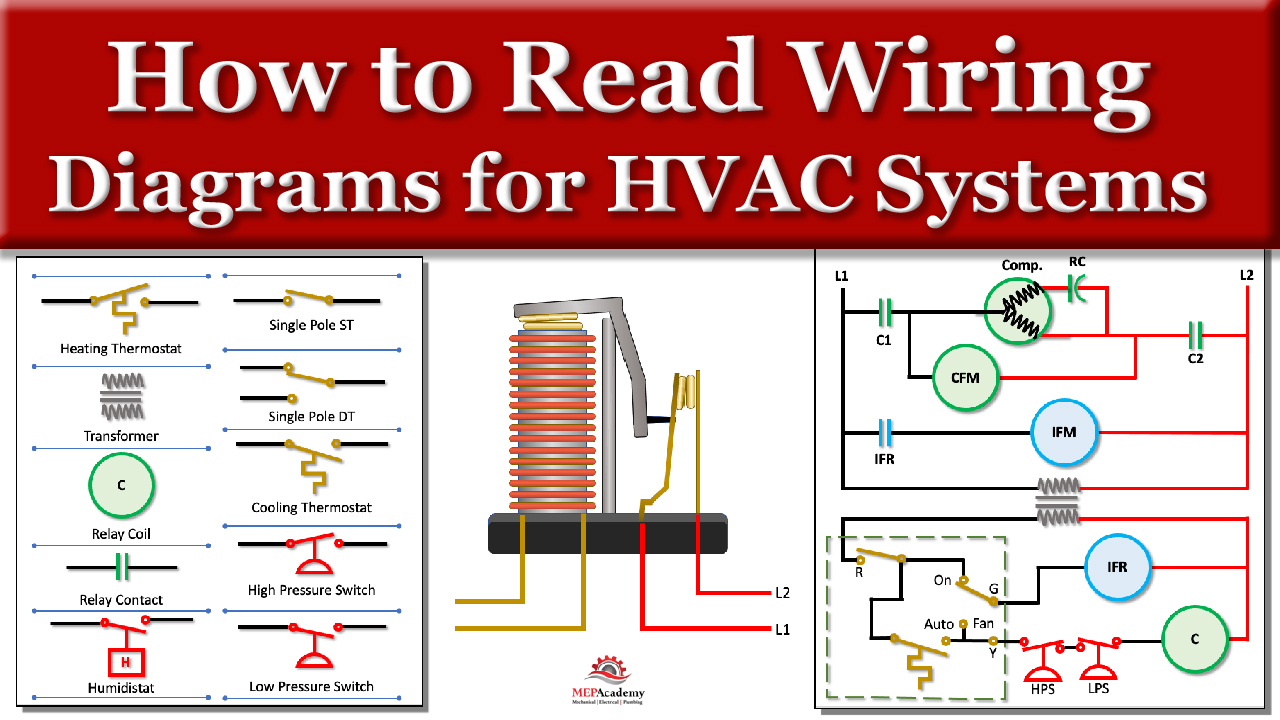Ever wondered how electricians communicate the intricate workings of electrical systems? The answer lies in a universal language: electrical schematic symbols. These simple visual representations are the building blocks of circuit diagrams, allowing professionals and hobbyists alike to understand and design electrical systems effectively. This guide delves into the world of basic electrical drawing symbols, exploring their significance, usage, and practical applications.
Imagine trying to describe a complex circuit using only words. It would be a confusing mess, right? That's where electrical schematic symbols come in. These standardized icons represent various electrical components, from simple wires and batteries to complex integrated circuits. By using these symbols, we can create clear and concise diagrams that convey the functionality and connectivity of electrical systems.
The history of electrical schematic symbols can be traced back to the early days of electrical engineering. As electrical systems became more complex, the need for a standardized visual language emerged. Over time, these symbols evolved and became standardized by organizations like the IEEE (Institute of Electrical and Electronics Engineers) and IEC (International Electrotechnical Commission), ensuring global consistency and understanding.
The importance of understanding basic electrical symbols cannot be overstated. These symbols are essential for designing, building, troubleshooting, and maintaining electrical systems. Whether you're an electrician wiring a house or an engineer designing a complex electronic device, a solid grasp of schematic symbols is paramount.
One of the main issues surrounding electrical schematic symbols is the sheer number of them. There are hundreds of different symbols, each representing a specific component or function. However, by focusing on the most common symbols and understanding the underlying principles, you can gain a working knowledge of circuit diagrams and their interpretation.
A resistor, represented by a zigzag line, controls current flow. A battery, depicted by two parallel lines of unequal length, provides the electrical power source. A switch, shown as a break in a line, controls the flow of electricity. These are just a few examples of fundamental electrical schematic symbols.
Understanding these symbols allows you to interpret and design electrical circuits. For example, a simple circuit might consist of a battery connected to a resistor and a switch. The schematic diagram would show these components connected by lines, clearly illustrating the flow of electricity.
Benefits of using electrical schematic symbols include clarity, conciseness, and universal understanding. These symbols provide a clear and concise way to represent complex electrical systems, facilitating communication and collaboration among professionals. Their standardized nature ensures that diagrams can be understood by anyone familiar with the symbols, regardless of language or background.
To learn these symbols, start with the basics. Familiarize yourself with common components like resistors, capacitors, and transistors. Practice drawing simple circuits and interpreting existing diagrams. Resources like online tutorials, textbooks, and software tools can be incredibly helpful.
Advantages and Disadvantages of Standardized Schematic Symbols
| Advantages | Disadvantages |
|---|---|
| Clear Communication | Initial Learning Curve |
| International Standardization | Can be complex for large systems |
| Simplified Design Process | Requires specific software sometimes |
Best Practices: 1. Use the correct symbols. 2. Maintain consistency in your diagrams. 3. Label components clearly. 4. Keep diagrams organized and easy to read. 5. Use software tools for complex designs.
Real Examples: House wiring diagrams, electronic circuit boards, automotive electrical systems, industrial control systems, and power distribution networks all rely heavily on schematic symbols.
FAQs: 1. What is a resistor symbol? 2. How is a battery represented? 3. What does a ground symbol look like? 4. How do I represent a switch? 5. Where can I find a complete list of symbols? 6. What software can I use to create diagrams? 7. How do I interpret a complex schematic? 8. What are the benefits of using standardized symbols?
Tips and Tricks: Utilize online resources and software tools to learn and practice. Start with simple circuits and gradually progress to more complex designs. Focus on understanding the underlying principles of each symbol rather than just memorizing their shapes.
In conclusion, understanding simple electrical diagram symbols is crucial for anyone working with electrical systems. These symbols provide a concise and universally understood language for representing complex circuits. By mastering these fundamental building blocks, you can unlock the power to design, build, and troubleshoot electrical systems effectively. From designing a basic circuit to understanding complex industrial systems, the ability to read and interpret schematics empowers you to navigate the world of electricity with confidence. Take the time to learn these symbols, practice their application, and explore the vast resources available online and in textbooks. Your journey into the fascinating world of electrical circuits begins with these simple, yet powerful, visual representations.
The allure of long flowing hair a visual journey
Spice up your server a guide to funny discord rules copy and paste
Elevate your audio experience with jl speakers
Ib Physics Reference Table - Khao Tick On
Refrigeration Symbols For Schematics - Khao Tick On
Electrical Circuit Symbols Worksheet Pdf - Khao Tick On
Central Air Unit Wiring - Khao Tick On
Asus Laptop Motherboard Schematic Diagram PDF Download All Models - Khao Tick On
Elektrycznego Obwodu Symbole Ilustracja Wektor - Khao Tick On
Electrical Diagram Symbols Schematic Wiring - Khao Tick On
simple electrical schematic symbols - Khao Tick On
Electrical Wiring Symbols Chart - Khao Tick On
Electrical Wiring Method Schematic Symbols - Khao Tick On
Schematic Symbol For Switch - Khao Tick On
diagram wiringdiagram diagramming Diagramm visuals visualisation - Khao Tick On
Circuit components vector illustration collection set - Khao Tick On
Simple Electrical Schematic Symbols - Khao Tick On
simple electrical schematic symbols - Khao Tick On














.jpg)